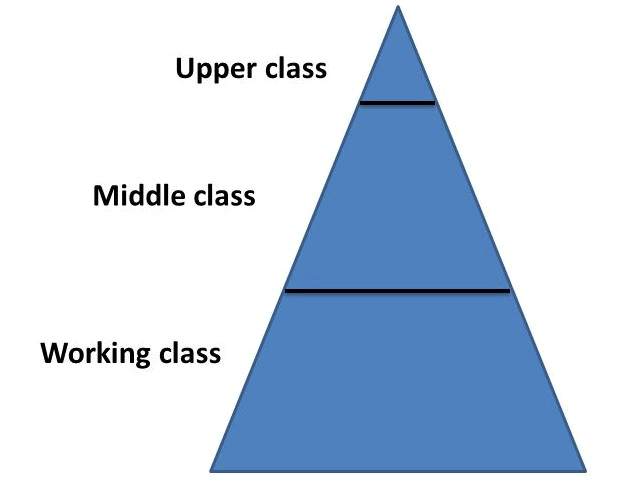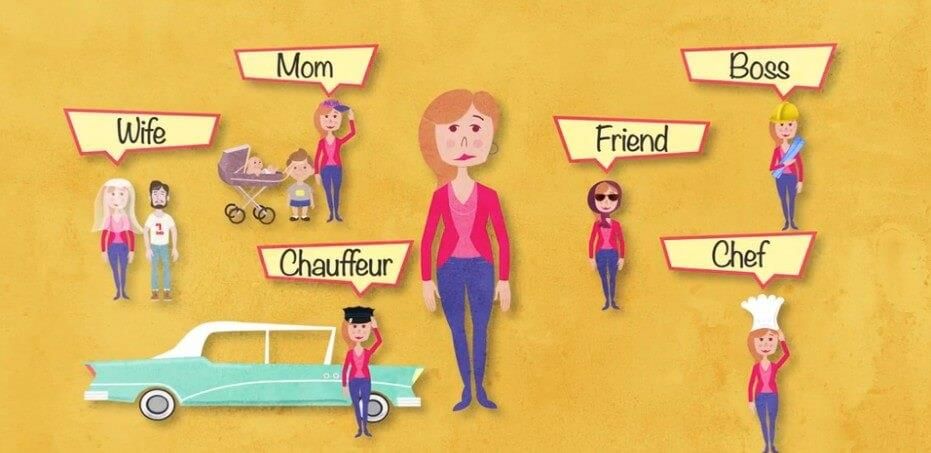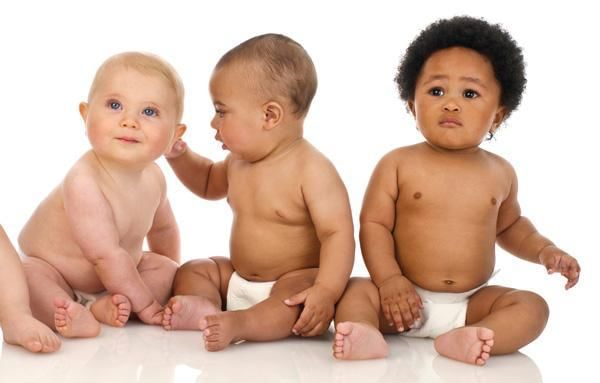NCERT Solutions for Class 10 Civics - Democracy and Diversity
Q1. Discuss three factors that determine the outcomes of politics of social divisions.
Ans: The three factors that determine the outcomes of politics of social divisions:
- How people perceive their identities: If people see their identities in singular and exclusive terms, it becomes very difficult to accommodate. It is much easier if the people see that their identities are multiple and are complementary to national identity. This helps them to stay together. An Indian thinks of himself as an Indian as well as belongs to a particular state or a language group or a religious community.
- Depends on how political leaders raise the demand of any committee: It is easier to accommodate the demands of any community. It is easier to accommodate demands that are within the constitutional framework and are not at the cost of another community. Eg. Demand for only ‘Sinhalas’ was at the cost of interest and identity of the Tamil Community in Srilanka.
- Depends on how the govt, reacts to the demands of different groups: If the rulers are willing to share power and accommodate the reasonable demands of the minority community, social divisions became less threatening for the country. But if they try to suppress such a demand in the name of national unity, the end result is often quite the opposite. Such attempts at forced integration often sow the seeds of disintegration.
Q2. When does a social difference become a social division?
Ans:
- A social difference becomes a social division when some social difference overlaps with other differences. For example in USA., the difference between Blacks and Whites becomes a social division.
 Social Division
Social Division - The Blacks are poor, homeless and are discriminated against.
- In the same way in India, Dalits are mostly poor, landless and are discriminated against.
- Such situations as in the USA and India are responsible for social divisions because one kind of social difference becomes more important than the other and people start feeling that they belong to different communities.
Q3. How do social divisions affect politics? Give two examples.
Ans:
- In a democracy, social divisions become political divisions and may lead to violence. For example, in Northern Ireland, Roman Catholics (44 per cent) demand that Northern Ireland be unified with the Republic of Ireland, a catholic country. The Protestants (53 per cent) and their party Unionists wanted to remain with the UK which is predominantly protestant. This led to violence and fight. It was only in 1998 that the UK government and the Nationalists (Catholics) reached a peace treaty. However, in Yugoslavia, political competition along religious and ethnic lines led to the disintegration of Yugoslavia into six independent countries.
- Social divisions affect voting behaviour during elections. Candidates are selected on the basis of social divisions in a constituency to attract maximum voters. A Muslim or Hindu fights election in a Muslim or Hindu dominated constituency. Parties try to attract voters on the basis of social divisions. For example, the Bahujan Samaj Party seeks the votes of Dalits in India. Its base is the Dalit vote bank.
Q4. ________________ social differences create possibilities of deep social divisions and tensions. ________________ social differences do not usually lead to conflicts.
Ans: Overlapping social differences create possibilities of deep social divisions and tensions. Cross-cutting social differences do not usually lead to conflicts.
Q5. In dealing with social divisions which one of the following statements is NOT correct about democracy?
(a) Due to political competition in a democracy, social divisions get reflected in politics.
(b) In a democracy, it is possible for communities to voice their grievances in a peaceful manner.
(c) Democracy is the best way to accommodate social diversity.
(d) Democracy always leads to the disintegration of society on the basis of social divisions.
Ans: (d) Democracy always leads to the disintegration of society on the basis of social divisions.
Q6. Consider the following three statements.
Α. Social divisions take place when social differences overlap.
Β. It is possible that a person can have multiple identities.
C. Social divisions exist in only big countries like India.
Which of the statements is/are correct?
(a) A, B and C
(b) A and B
(c) B and C
(d) Only C
Ans: (b) A and B
 Multiple Identities
Multiple Identities
Q7. Arrange the following statements in a logical sequence and select the right answers by using the code given below.
Α. But all political expression of social divisions need not be always dangerous.
B. Social divisions of one kind or the other exist in most countries.
C. Parties try to win political support by appealing to social divisions.
D. Some social differences may result in social divisions.
(a) D, B, C, A
(b) D, B, A, C
(c) D, A, C, B
(d) A, B, C, D
Ans: (a) D, B, C, A
Q8. Among the following, which country suffered disintegration due to political fights on the basis of religious and ethnic identities?
(a) Belgium
(b) India
(c) Yugoslavia
(d) Netherlands
Ans: (c) Yugoslavia
Q9. Read the following passage from a famous speech by Martin Luther King Jr. in 1963. Which social division is he talking about? What are his aspirations and anxieties? Do you see a relationship between this speech and the incident in Mexico Olympics mentioned in this chapter?
"I have a dream that my four little children will one day live in a nation where they will not be judged by the colour of their skin but by the content of their character. Let freedom ring − when we let it ring from every village and every hamlet, from every state and every city, we will be able to speed up that day when all of God’s children − back men and white men, Jews and Gentiles, Protestants and Catholics − will be able to join hands and sing in the words of the old Negro spiritual: 'Free at last! Free at last! Thank God Almighty, we are free at last!' I have a dream that one day this nation will rise up and live out the true meaning of its creed: 'We hold these truths to be self-evident: that all men are created equal'."
Ans: In this extract, Rev. Martin Luther King Jr. is talking about racism in the USA. He is referring to the segregation policies adopted by the Whites towards the Coloured people.
 Colour Segregation
Colour Segregation
He aspires for a country where there will be security for all; where racial abuse will not occur; and where everyone will be treated as equal irrespective of the colour of their skin. This speech and the incident at the Mexico Olympics are both parts of a movement that wanted to highlight the plight of the African-American people.
FAQs on NCERT Solutions for Class 10 Civics - Democracy and Diversity
| 1. What is the relationship between democracy and diversity? |  |
| 2. How does democracy protect the rights of minority groups? |  |
| 3. Can diversity be a challenge to democracy? |  |
| 4. How does democracy promote cultural and religious pluralism? |  |
| 5. What are the advantages of a diverse society in terms of democracy? |  |















